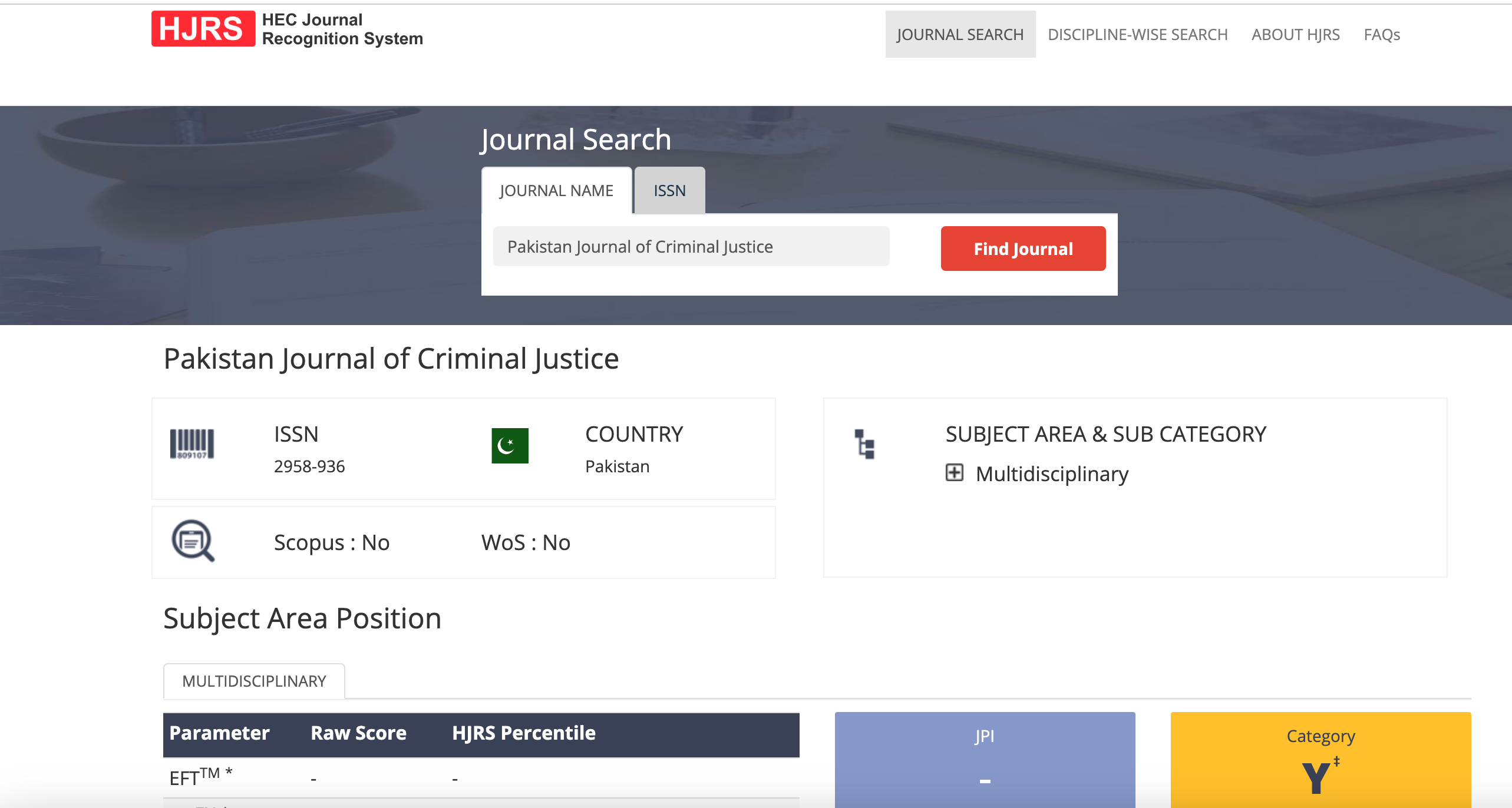Cybercrime and Criminal Law in Pakistan: Societal Impact, Major Threats, and Legislative Responses
DOI:
https://doi.org/10.62585/pjcj.v4i2.102Keywords:
cyber threat, cyber laws, peca, legislative measures, cybercrimesAbstract
This article examines the growing threat of cybercrime in Pakistan, highlighting the societal, commercial, and governmental vulnerabilities arising from the heightened dependence on digital technology. It rigorously analyzes the legal framework, including the Prevention of Electronic Crimes Act (PECA) 2016, underscoring its deficiencies in tackling swiftly advancing cyber threats. The article promotes a comprehensive reform initiative, including the enhancement of legislative frameworks, the strengthening of the Federal Investigation Agency's (FIA) enforcement capabilities, and the increase of public awareness. It emphasizes the necessity for coordination among legal, civil society, and technology experts to protect digital rights while reducing cyber dangers. Furthermore, suggestions for enhancing judicial and institutional capability are put forward to establish a more secure digital environment in Pakistan
Downloads
Published
How to Cite
Issue
Section
License
Copyright (c) 2024 Muhammad Ahmar Zahid, Aas Muhammad, Muhammad Aurangzeb Khan Khakwani, Muhammad Ahmed Maqbool

This work is licensed under a Creative Commons Attribution-NonCommercial 4.0 International License.





